Carl Theodor Dreyer, a Danish director, is celebrated for his profound exploration of spiritual and existential themes, manifested through his films’ intense focus on faith, morality, and personal identity. Revered for his dense and complex scriptwriting, Dreyer’s films, such as Ordet and Day of Wrath, are renowned for their minimalistic aesthetic, distinctive visual atmosphere, and unique approach to performance. Despite a relatively small body of work, his cinema’s formal precision, emotional power, and formal beauty make him one of the most influential figures in world cinema.
Dreyer’s journey into cinema was defined by his unyielding pursuit of depth and complexity in his narratives. His path began as a journalist before transitioning into scriptwriting, eventually leading to his directorial debut in 1919. Throughout his career, he cultivated a reputation for his meticulous approach to filmmaking, demonstrating an uncanny ability to transform complex, philosophical themes into compelling cinema.
A central facet of Dreyer’s cinema is its exploration of spiritual and existential themes. His films often depict characters wrestling with matters of faith and morality, creating a profound sense of existential angst. This spiritual depth, combined with his approach to character development, resulted in films that lingered long in the minds of audiences. Dreyer’s women characters, in particular, were noteworthy for their complexity and strength, often portrayed as individuals suffering under societal pressures, religious persecution, or personal turmoil.
Transcendental Cinema
Dreyer’s minimalistic aesthetic is one of his defining trademarks. He favoured stark, unadorned set designs, using lighting to cast deep contrasts and shadows, creating a unique visual atmosphere. His careful compositions, camera movements, and editing techniques exemplified his formal precision and control. Dreyer often worked closely with actors to draw out intense performances, and his close-ups of actors’ faces, most famously showcased in The Passion of Joan of Arc, became a signature element of his style.
Dreyer’s work is often associated with the “transcendental style” in film, a term coined by film critic Paul Schrader. This style, characterised by slow pacing, absence of ornamental design, and an emphasis on the spiritual or ineffable, is integral to Dreyer’s oeuvre, particularly visible in Ordet. Like many of his others, this film exhibits his unique ability to convey deeply philosophical themes with emotional resonance.
Despite producing a relatively small body of work, Dreyer’s legacy and influence on cinema is substantial. His rigorous commitment to thematic depth, visual style, and narrative innovations inspired many filmmakers. Among those who have cited Dreyer as an influence are Ingmar Bergman, Andrei Tarkovsky, and Lars von Trier, demonstrating his enduring impact on film history. Dreyer’s films continue to be revered for their striking emotional power and formal beauty, cementing his status as one of cinema’s most profound visionaries.
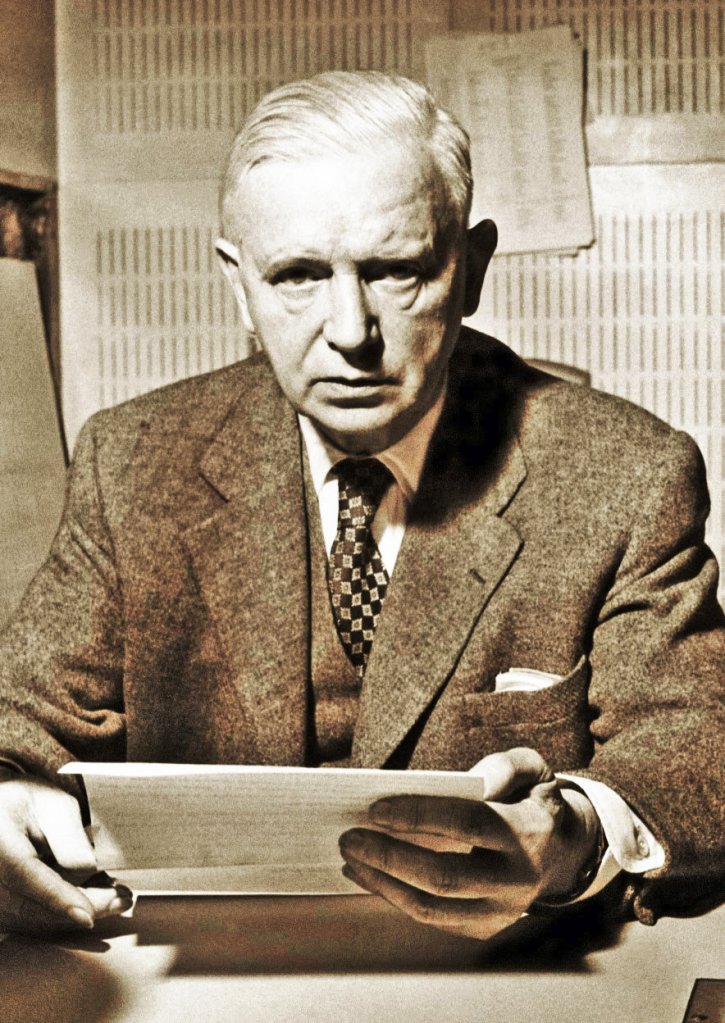
Carl Theodor Dreyer (1889 – 1968)
Calculated Films:
- The Parson’s Widow (1920)
- Love One Another (1922)
- Michael (1924)
- The Passion of Joan of Arc (1928)
- Vampyr (1932)
- Day of Wrath (1943)
- Two People (1945)
- Ordet (1955)
- Gertrud (1964)
Similar Filmmakers
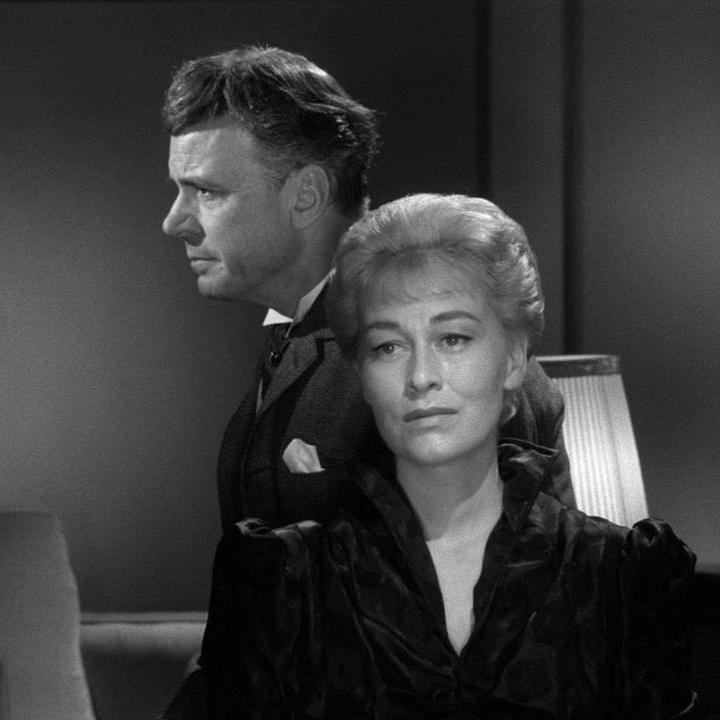


Carl Theodor Dreyer’s Top 10 Films Ranked
1. The Passion of Joan of Arc (1928)
Genre: Biographical, Period Drama, Legal Drama, Religious Film, Medieval

2. Ordet (1955)
Genre: Drama, Religious Film

3. Day of Wrath (1943)
Genre: Period Drama

4. Gertrud (1964)
Genre: Drama, Romance

5. Vampyr (1932)
Genre: Vampire, Supernatural Horror, Gothic Horror

6. Michael (1924)
Genre: Romance, Drama
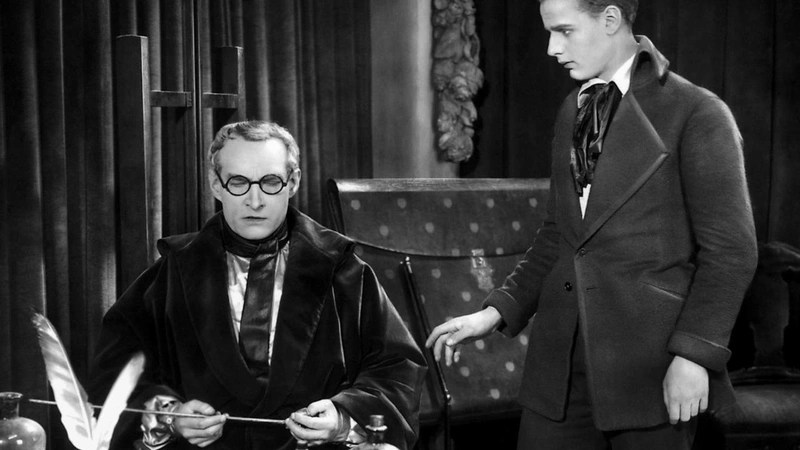
7. The Parson’s Widow (1920)
Genre: Drama, Comedy
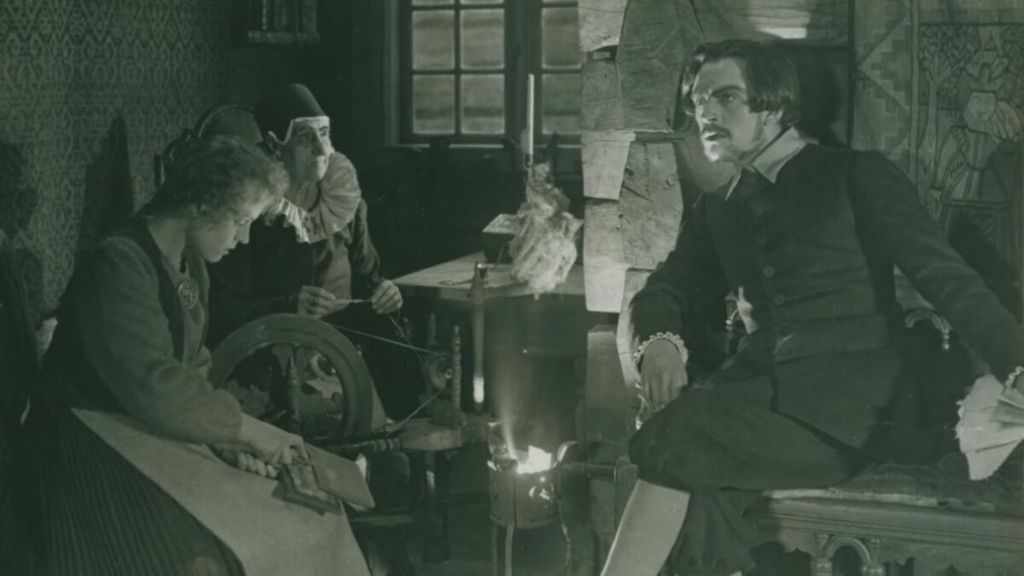
8. Master of the House (1925)
Genre: Melodrama, Family Drama
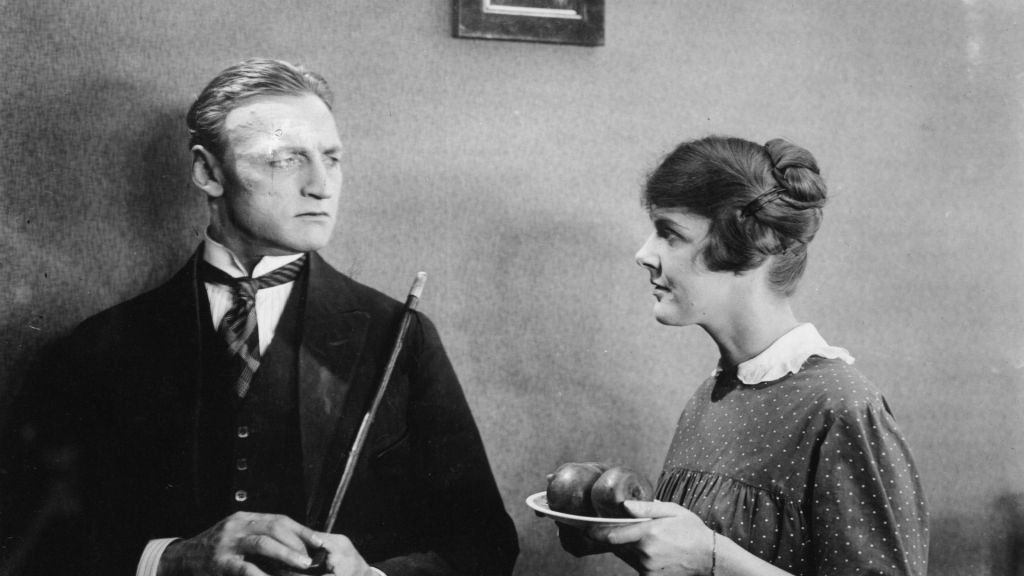
9. They Caught The Ferry (1948)
Genre: Ephermal Film
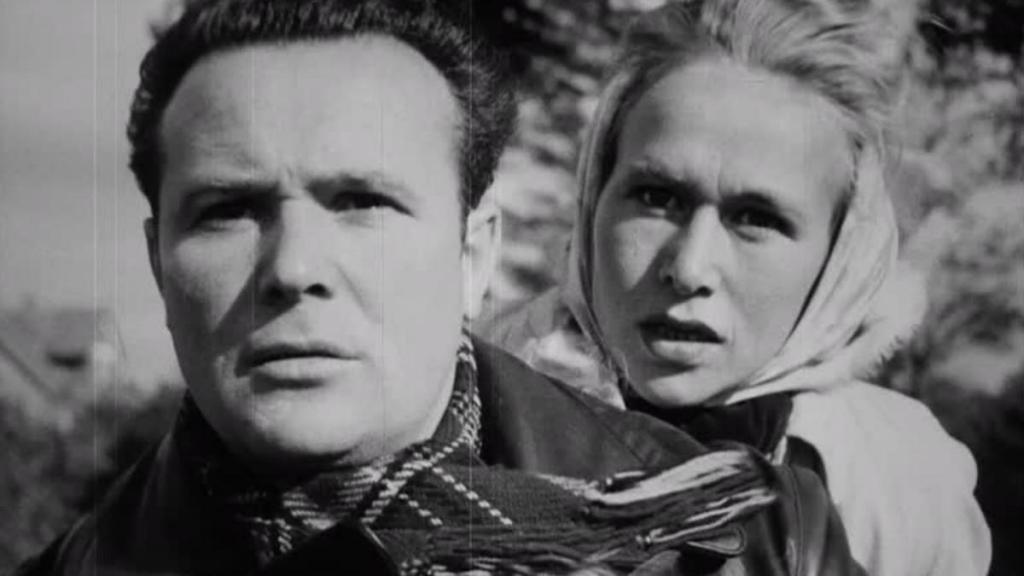
10. Leaves From Satan’s Book (1920)
Genre: Period Drama, Anthology

Carl Theodor Dreyer: Themes and Style
Themes:
- Spiritual Torment and Redemption: Dreyer’s films often delve into the human soul’s depths, grappling with issues of faith and redemption. Films like Ordet explore religious convictions and miraculous events.
- Women as Martyrs: Many of Dreyer’s narratives revolve around strong-willed women subjected to societal and religious persecutions, exemplified in The Passion of Joan of Arc.
- Individual vs. Society: Dreyer’s characters frequently confront societal norms and pressures, facing ostracisation or persecution for their differences or beliefs.
- Quest for Authenticity: His works often revolve around characters searching for genuine personal experiences and emotions amidst societal constraints and expectations.
Styles:
- Minimalism: Dreyer favoured a minimalist approach, often using sparse sets and relying on close-ups to convey emotion and story, as seen in Gertrud.
- Slow Pacing: His films are often marked by long takes and deliberate pacing, allowing audiences to immerse in the emotional nuances of the scenes.
- Chiaroscuro Lighting: Inspired by silent films and German Expressionism, Dreyer used stark contrasts between light and shadow to convey mood and atmosphere.
- Detailed Character Studies: Dreyer’s films dive deep into the psyche of his characters, unravelling their complexities through subtle expressions and dialogues.
Directorial Signature:
- Close-Ups: Dreyer is renowned for his use of close-ups, especially in The Passion of Joan of Arc, where the audience feels an intimate connection with the protagonist’s suffering.
- Restrained Performances: He often directed actors to deliver understated yet deeply emotive performances, which became a hallmark of his films.
- Elevated Reality: While rooted in reality, Dreyer’s worlds have an elevated, almost ethereal quality, making them feel simultaneously familiar and otherworldly.
- Visual Poetry: Beyond the narrative, Dreyer crafted visual poetry through his mise-en-scène, framing, and pacing, making his films an experience beyond mere storytelling.
Carl Theodor Dreyer: The 24th Greatest Director




